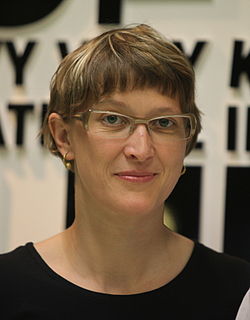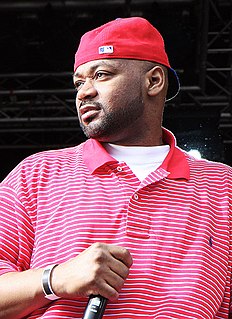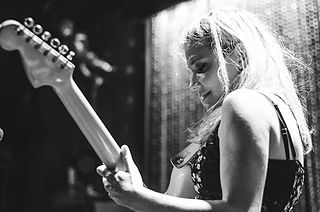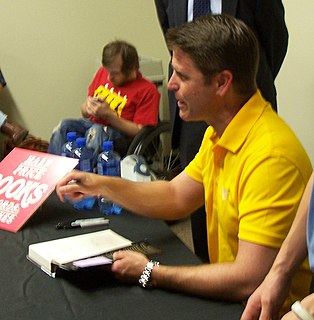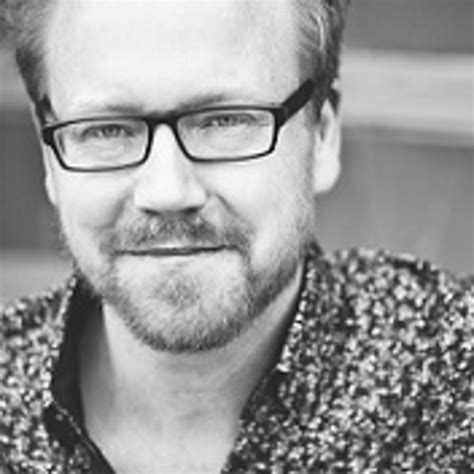A Quote by Salman Rushdie
When I was writing The Satanic Verses, if you had asked me about the phenomenon that we all now know as radical Islam, I wouldn't have had much to say. As recently as the mid-1980s, it didn't seem to be a big deal.
Related Quotes
In the early days, Porter Wagoner would not exactly scold me, but he's say, 'You're writing too many damn verses. You're makin' these songs too damn long.' And I'd say, 'Yeah, but I'm tellin' a story. I have a story to tell.' And he'd say, 'Well, you're not going to get it on the radio.' If I start writing a song, I'm writing it for a reason. People would say that I had to have two verses, and a chorus, and a bridge. I tried to learn that formula.
In 1998, Vanity Fair asked me to write a big piece for them on the 50th anniversary of the New York City Ballet. My life, to a great extent, had been spent at and with the New York City Ballet, and I decided to try it. It was very scary, writing about something I loved so much and had such strong opinions about.
You know, there's an economy in lyric-writing that doesn't afford you, or at least me - I usually start off with nine or 10 verses and then boil it down to two or three that are half the length of the original verses. I think for me it's about what you leave out [rather] than what you put in. I'm not sure that the songs help me figure anything out so much as they're a distillation of the original question.

